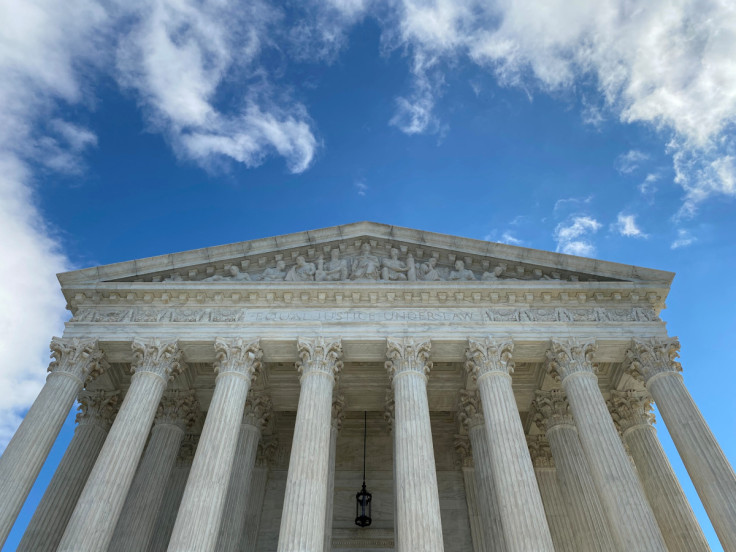US Supreme Court Tackles Religious Bias Claim Against Postal Service

The U.S. Supreme Court on Tuesday is set to hear an evangelical Christian former mail carrier's claim of religious discrimination against the U.S. Postal Service after he was disciplined for refusing to work on Sundays in a case that could make it harder for employers to deny religious accommodations.
The nine justices are due to hear oral arguments in an appeal by Gerald Groff, a former mail carrier in Pennsylvania. Lower courts threw out Groff's lawsuit, finding that the Postal Service's refusal to exempt him from delivering mail on Sundays, when he observes the Sabbath, did not violate federal anti-discrimination law because it would place too much hardship on his co-workers and employer.
The Supreme Court, with its 6-3 conservative majority, has a track record of expanding religious rights, often siding with Christian plaintiffs. Groff's case gives the court another chance to rule for a plaintiff claiming religious bias.
Groups representing some religions that are in the minority in the United States including Islam, Judaism and Hinduism backed Groff in the case, saying they are disproportionately denied religious accommodations, forcing them to choose between their religion and their jobs.
Groff's case centers on a federal anti-discrimination law called Title VII of the Civil Rights Act of 1964, which prohibits employment discrimination based on religion and other factors including race, sex and national origin.
Under Title VII, employers must make allowances for a worker's religious observance or practices unless that would cause the business "undue hardship" - which the Supreme Court in a 1977 case called Trans World Airlines v. Hardison determined to be anything imposing more than a minor, or "de minimis," cost.
Groff's attorneys have asked the Supreme Court to overturn the Hardison precedent and require companies to show a "significant difficulty or expense" before denying an accommodation.
The dispute has also sparked debate over whether religious people are more legally deserving than others to have weekend days off from work. Unions representing postal workers have urged the justices to consider the hardship that religious accommodations have on co-workers who, for example, lose out on a day to rest or spend with family when they have to cover for shift gaps.
Groff worked as a "rural carrier associate" in Pennsylvania's Lancaster County, a job that required him to fill in as needed for absent career carriers, including on weekends. The Postal Service in 2013, in a bid to remain profitable, contracted with Amazon.com to deliver packages, including on Sundays.
Groff failed to report for assigned Sunday shifts. Postal officials sought to accommodate Groff by attempting to facilitate shift swaps, but were not always successful. His absences caused tension among other carriers who had to cover his shifts, the Postal Service said. Groff received several disciplinary letters and resigned in 2019.
The Philadelphia-based 3rd U.S. Circuit Court of Appeals last year rejected his claims, finding that exempting Groff caused "undue hardship" because it strained co-workers and disrupted workflow.
© Copyright Thomson Reuters 2024. All rights reserved.





















